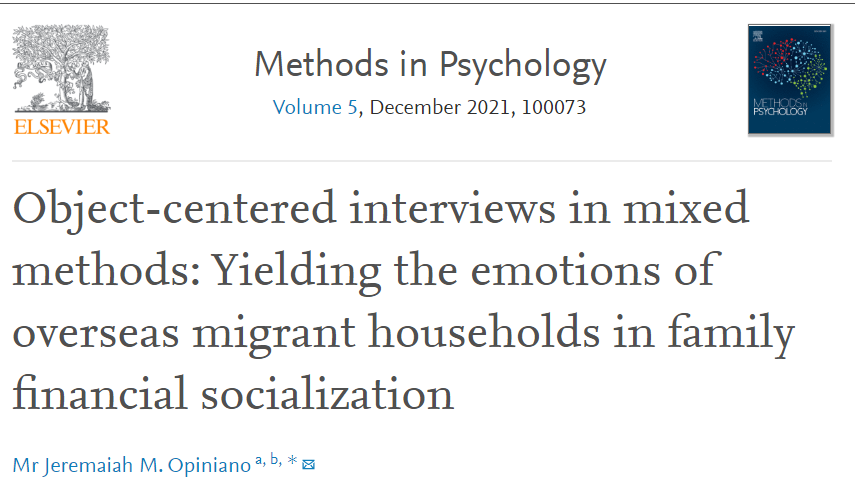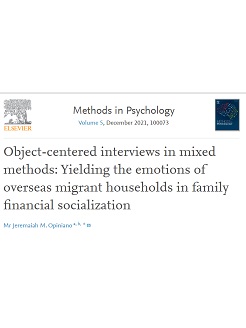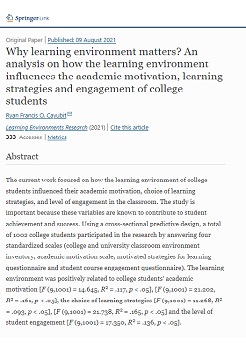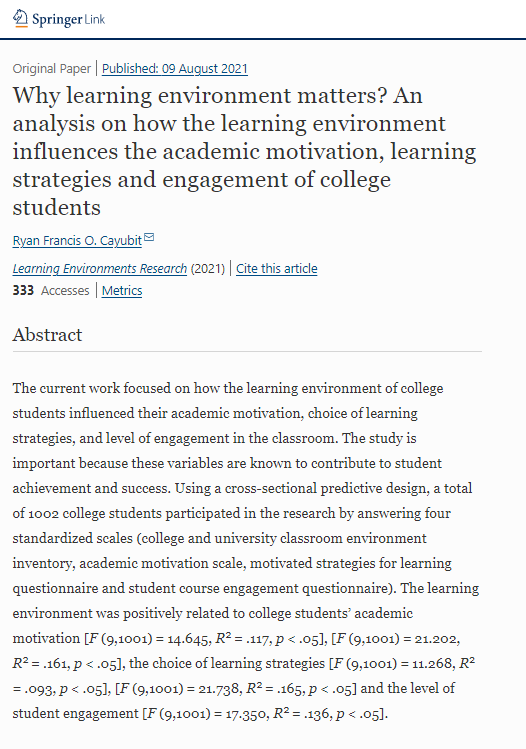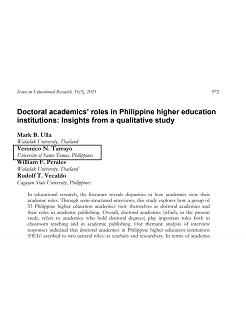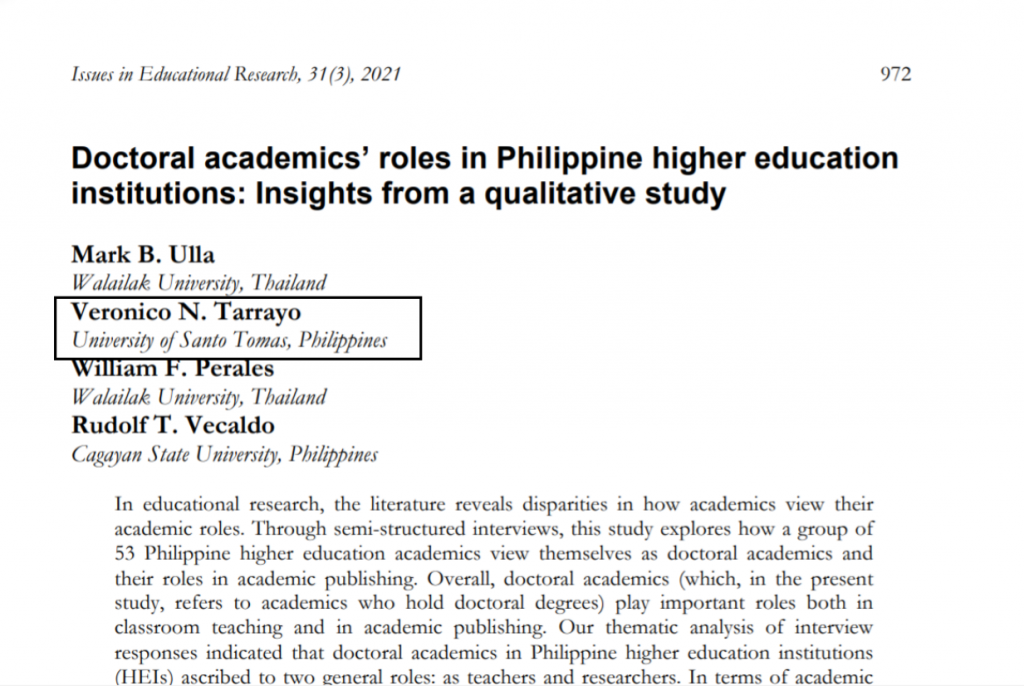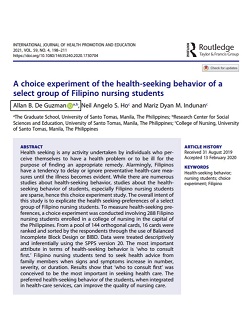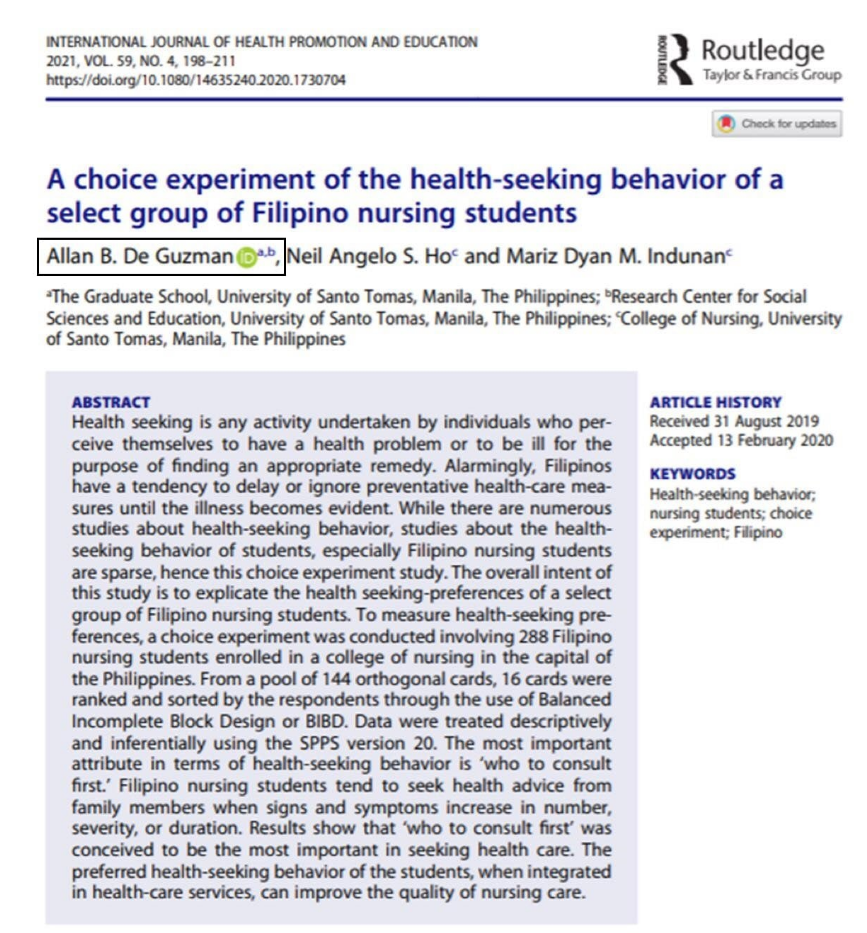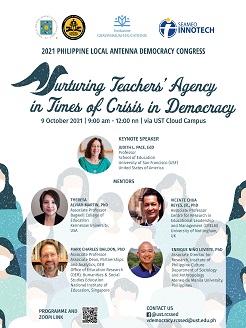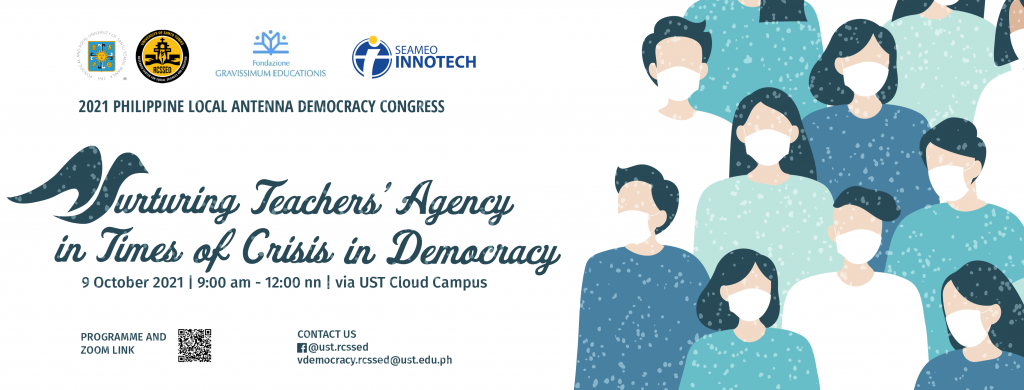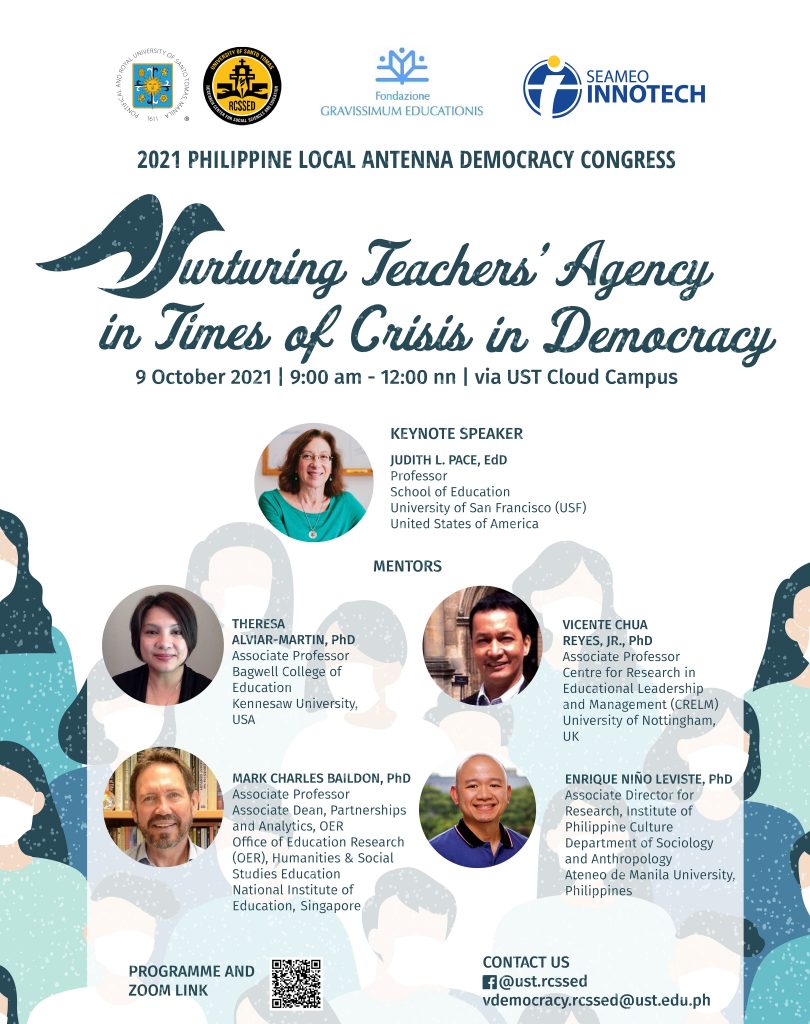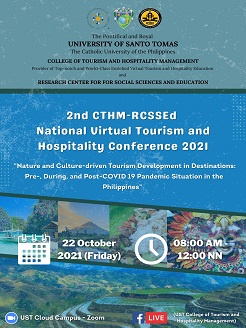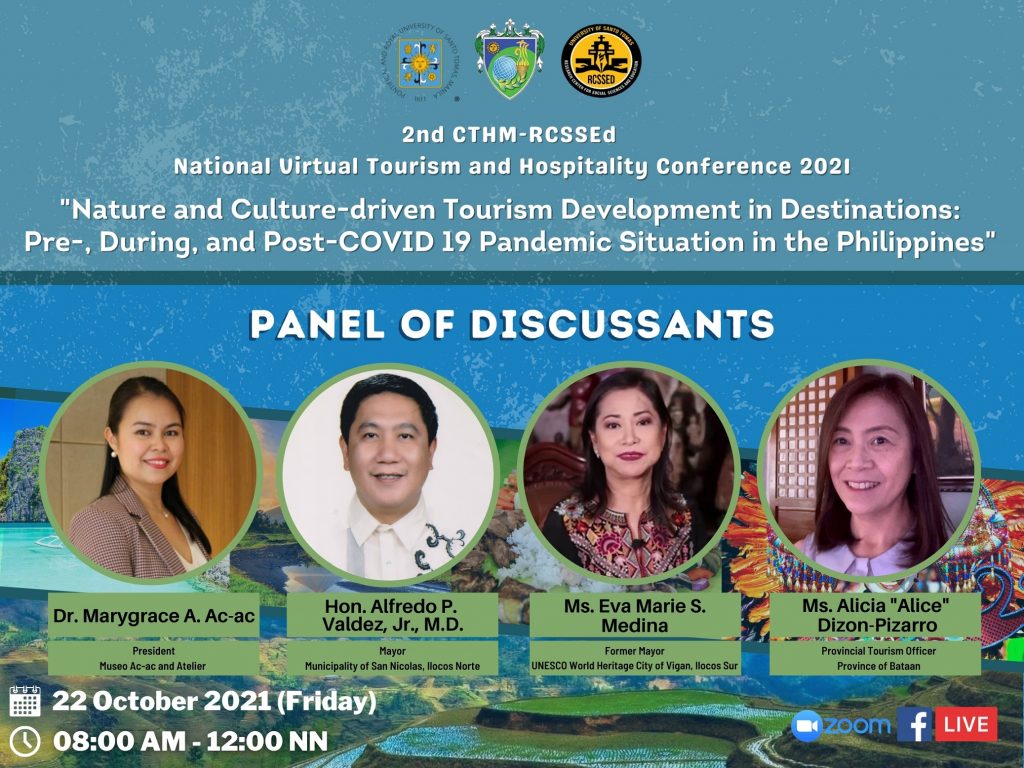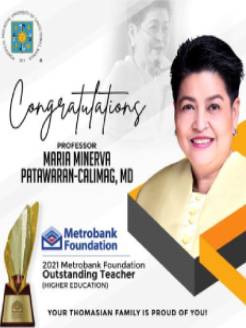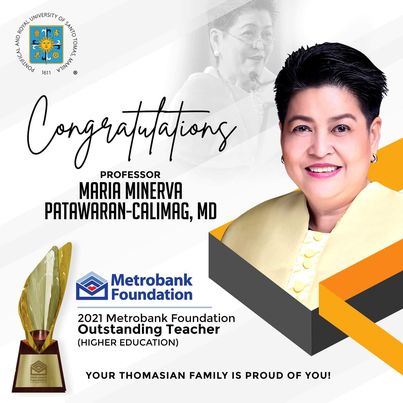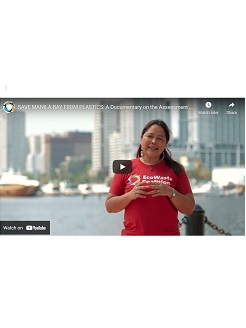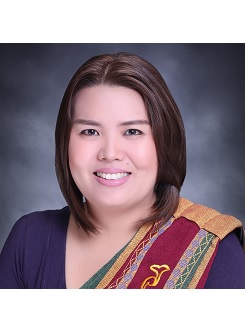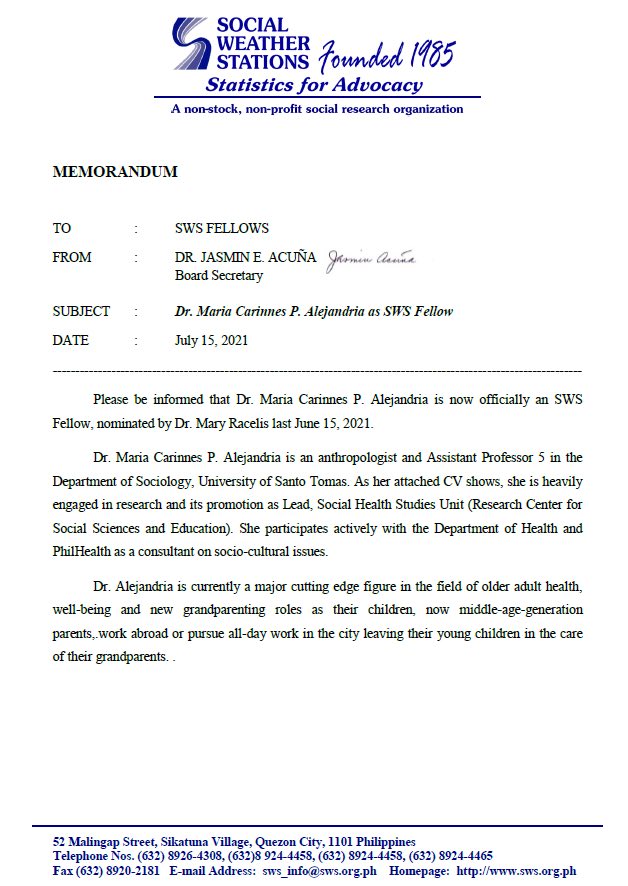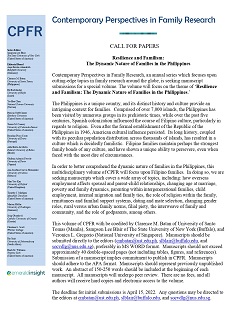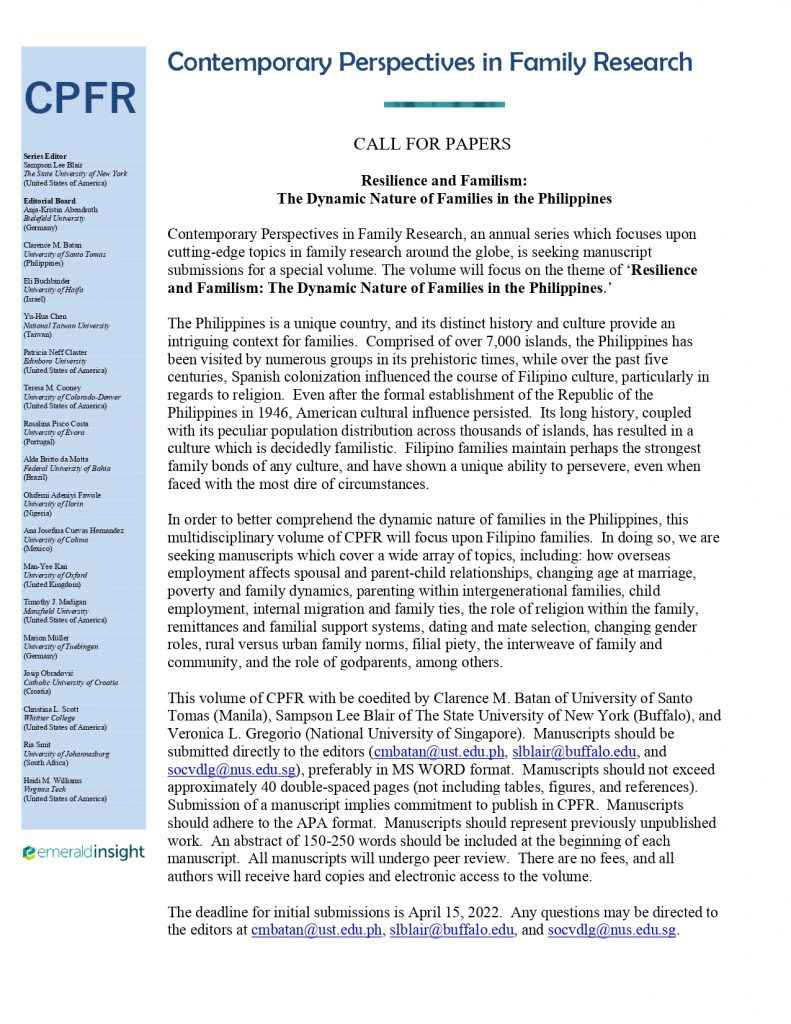This interdisciplinary methods paper talks about how families receiving overseas remittances discuss, decide and act about finance (what is called family financial socialization). Money matters yield delicate family dynamics, and families and their members hesitate to talk about money to others. Verbal interview methods may not be enough to surface emotions about money. On this score, visual methods provide opportunities to innovate mixed methods projects while trying to surface the lived experiences of people through visual stimuli. This paper shares the story of a mixed methods project —done in two rural municipalities in the Philippines— that implemented a visual method called object-centered interviews (OCIs). The OCI as a visual method and an elicitation interview technique became useful in further understanding the behaviors and emotions of migrant families during family financial interactions. Psychologists, from various sub-fields, may find the use of objects during interviews helpful when research participants become verbally tight-lipped to narrate their lived experiences and emotions on ordinary and sensitive topics. – https://www.sciencedirect.com/…/pii/S2590260121000308 by Research Associate Jeremaiah Opiniano
